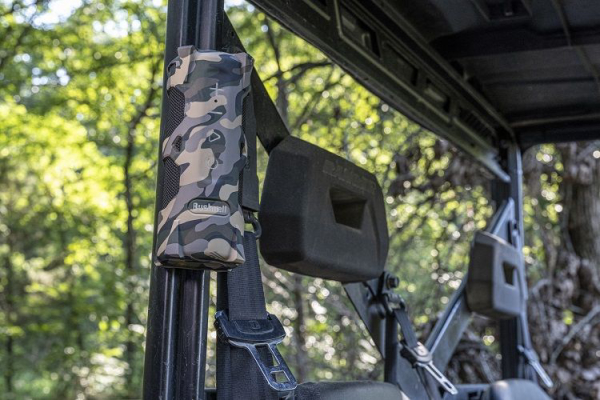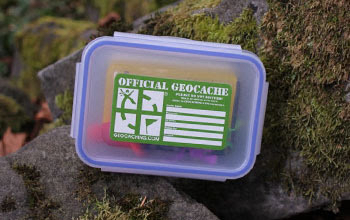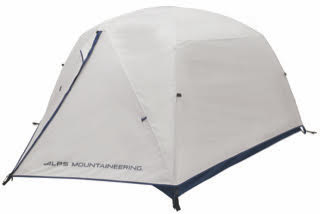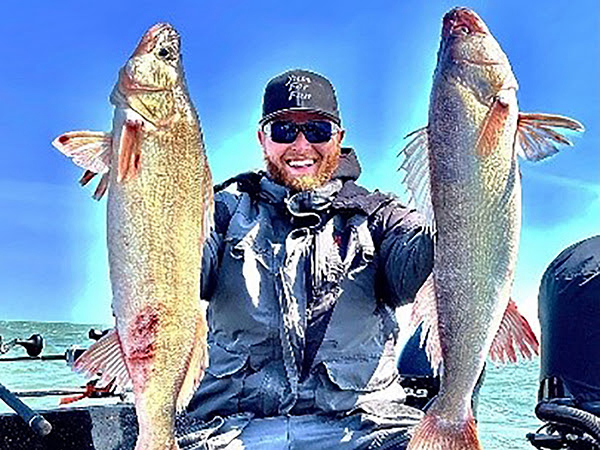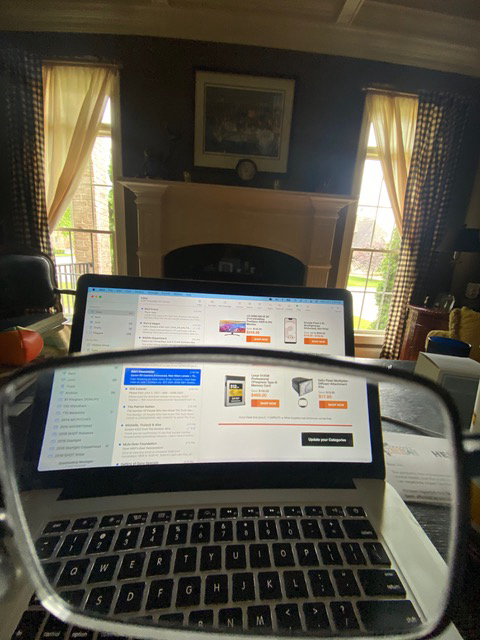Hunters, birders and stamp collectors celebrated as the 2021-2022 Federal Migratory Bird Hunting and Conservation Stamp – commonly known as the Duck Stamp – went on sale. The new Federal Duck Stamp and its younger sibling, the Junior Duck Stamp, debuted today and are now available for purchase.
“As one of the most well-known and revered conservation programs in the country, I am excited to buy my very own Federal and Junior Duck Stamps to help contribute to waterfowl and wetland conservation,” said Secretary of the Interior Deb Haaland. “I am so encouraged by the enthusiasm this program and the annual design competitions continue to elicit. I feel proud to both support this artwork and invest in the protection of wetlands and outdoor spaces for future generations.”
The Federal Duck Stamp plays a critically important role in wildlife conservation. Since 1934, sales of this stamp have raised more than $1.1 billion to protect over 6 million acres of wetlands habitat on national wildlife refuges around the nation.
“Purchasing Federal Duck Stamps is a great way to support bird habitat conservation and is one of the most successful conservation tools in our toolbox. Of every dollar spent on a duck stamp, 98 cents of the purchase goes directly to acquiring and protecting waterfowl habitat, said Martha Williams, Service Principal Deputy Director. “First Day of Sale is also our opportunity to celebrate and congratulate the youth artists who lend their talents to the Junior Duck Stamp.
Waterfowl are not the only species that benefit from wetland habitat preservation. Thousands upon thousands of shorebirds, herons, raptors and songbirds, as well as mammals, fish, native plants, reptiles and amphibians rely on these landscapes as well. An estimated one-third of the nation’s endangered and threatened species take advantage of these habitats.
The lesser scaup drake painted by artist Richard Clifton of Milton, Delaware, adorns the new Federal Duck Stamp and will raise millions of dollars for habitat conservation to benefit wildlife and the American people.
The Junior Duck Stamp, which also went on sale today, raises funds to support youth conservation education. This year’s stamp features hooded mergansers painted by Margaret McMullen, of Kansas.
The new duck stamps are available for purchase online, at many sporting goods and retail stores, and some post offices and national wildlife refuges. Find all buying options at http://www.fws.gov/birds/get-involved/duck-stamp/buy-duck-stamp.php. Read more
